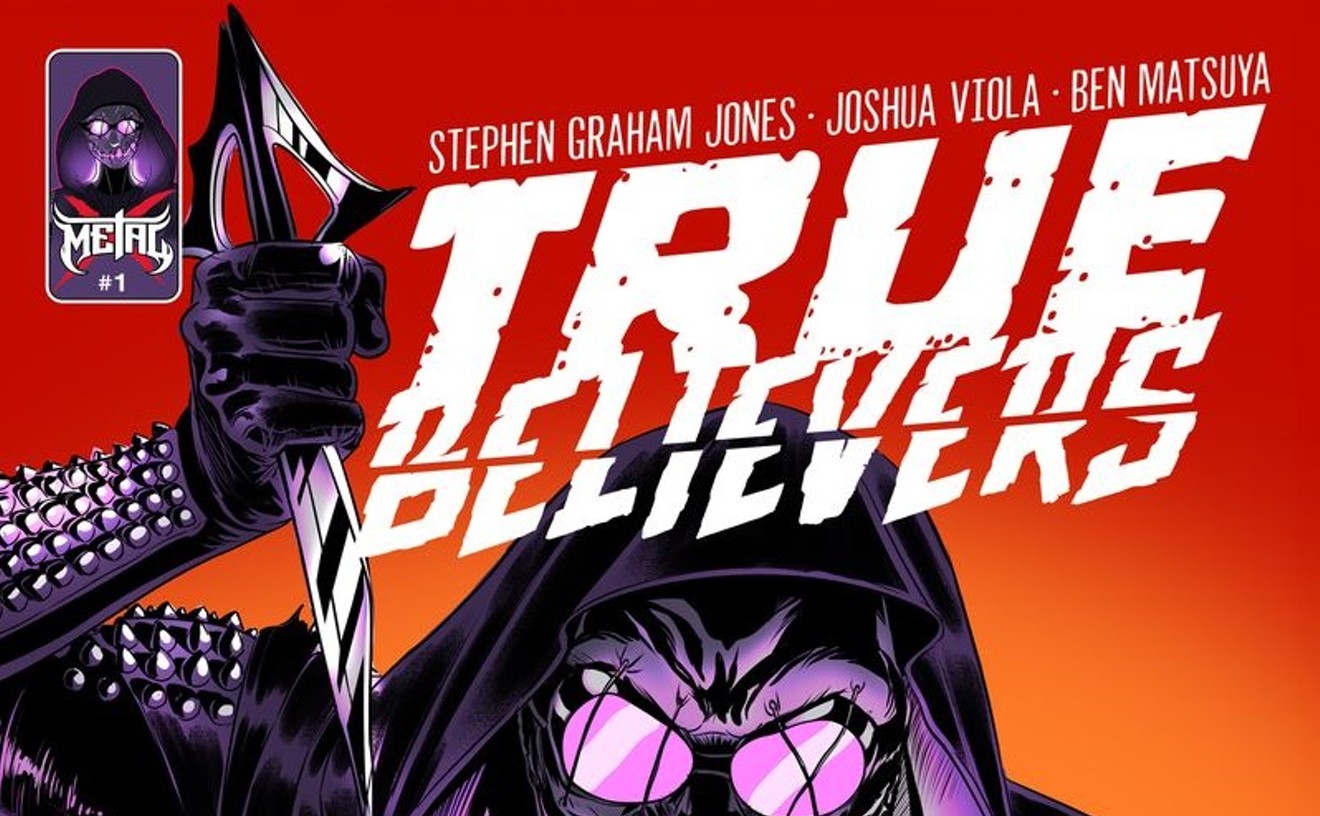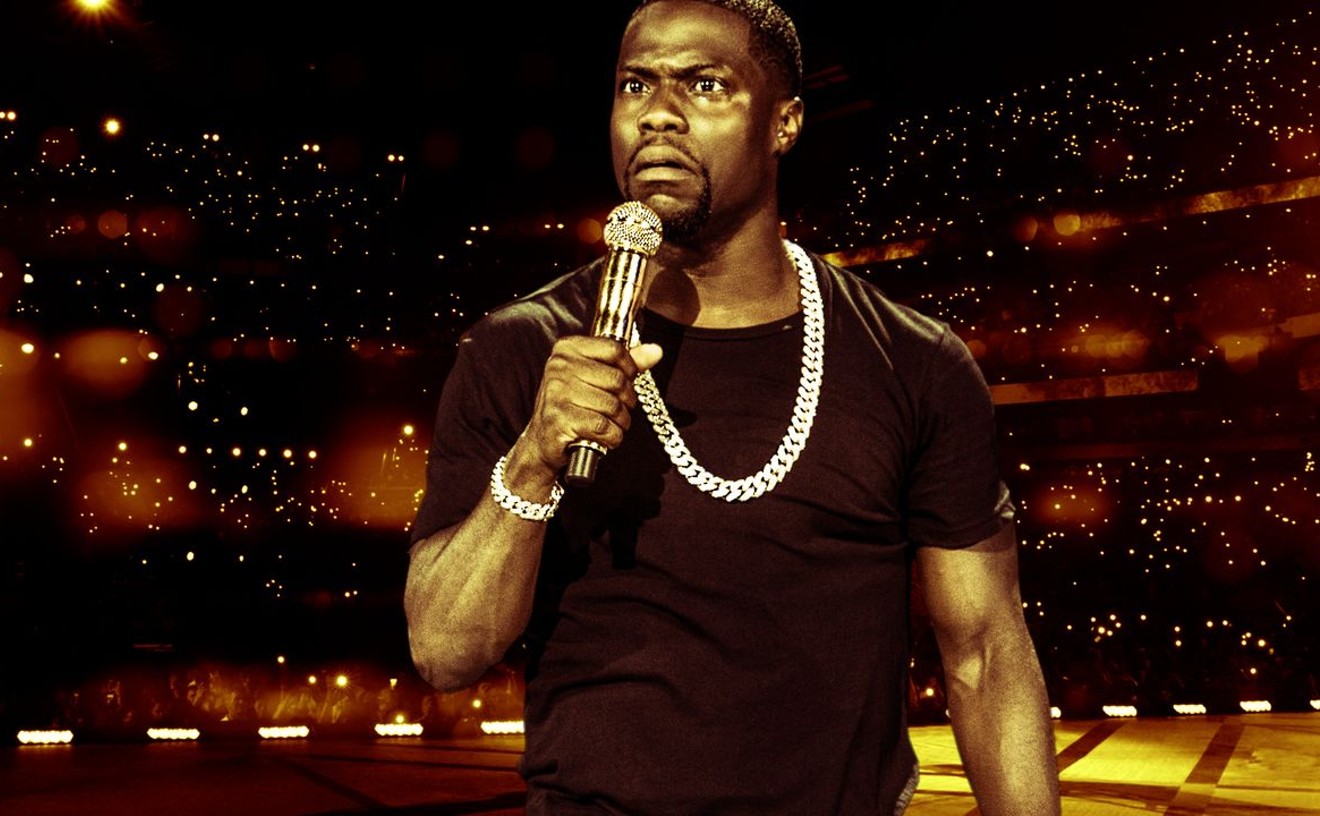As the play begins, Estragon (aka Gogo) is struggling to get his boots off when Vladimir (aka Didi) enters, and both are instantly and un-self-consciously plunged into a metaphysical quandary. "Nothing to be done," says Gogo, to which Didi replies that he is beginning to come around to the same opinion, though all his life he has told himself that he hasn't tried everything yet and so can't give up the struggle. All through the play the two friends will struggle--to remember what happened only the day before, to put up with beatings, boredom, hunger, pain and each other's poor personal hygiene.
Didi and Gogo wait all day long for a mysterious stranger neither has ever seen. During the course of their long wait, they discuss theology--especially repentance and salvation--their friendship, and the prospect of suicide (including the autoerotic stimulation they hope would occur). But they do nothing.
When the rich Pozzo arrives with his slave, Didi and Gogo at first are outraged at Pozzo's cruel treatment of the exhausted Lucky, but compassion turns to disgust when Lucky kicks Gogo, whose compassion is self-interested rather than disinterested. There's a lesson in there somewhere about the wages of enslavement; Pozzo and Lucky are inextricably linked by a length of rope that chokes Lucky and keeps Pozzo forever tied to and dependent on him.
On Pozzo's command, Lucky expounds on theology in rapid-fire non sequiturs meant to ridicule a variety of religions and demonstrate their superstitions and inconsistencies. After Pozzo and Lucky depart for the fair, where Pozzo hopes to sell Lucky, a boy arrives (Nolan Patterson is a glowing bright spot of sweet-tempered enthusiasm) and tells Didi and Gogo that Godot will not come today, but he will surely come tomorrow--an assurance that will be repeated in the second act.
Michael Rahhal is highly focused and convincing as the thoughtful fool, Didi. Some critics have described the role as the Ego, while the fleshy Gogo stands in for the Id, and Christopher Petersen makes a mighty oaf--very funny in his childish, sensual self-absorption. Brian Alan Hill as Lucky projects a tragic animal exhaustion that's perfect for the role of a baby-faced brute, and director Richard Cowden gives Pozzo just the right air of superiority and cool friendliness. Pozzo convinces Didi and Gogo that he, not Lucky, is the victim, and Cowden makes the most of upper-class self-pity without exaggerating too much.
The four characters are meant to represent all the classes of mankind--and it's no accident that Beckett makes only one of them well-fed. Pozzo and Lucky are too involved in their class symbiosis to wait for Godot. But Didi and Gogo, who continually say "Let's go" to each other and then never move, speak volumes about the apathy, dependence and inertia that afflicts those who wait for help but don't seek it.
Beckett may have been an atheist, but in this play at least, he is an oddly hopeful one. Though Godot fails to come, he does send messengers. He is not dead, he is merely removed. Unfortunately, the tragic result is the same: humankind left adrift in an absurd universe, never knowing what life means or when it will end.
Director Cowden keeps the physical comedy stimulating and professional. Yet there is something missing--a fierceness, perhaps, since Beckett's universe without God should be a cold and empty abyss. This is a rather warmer production than it actually should be--engaging and intelligent but, finally, a little too humane.
--Mason
Waiting for Godot, through September 7 at The Shop, 416 East 20th Avenue, 451-0182.










